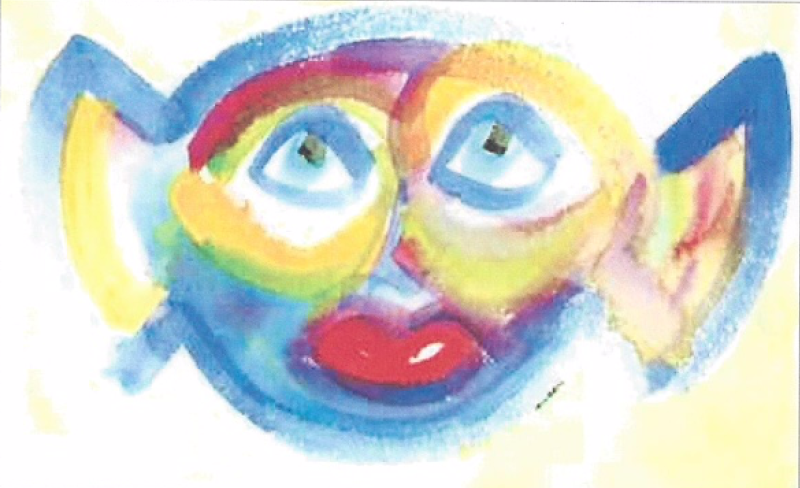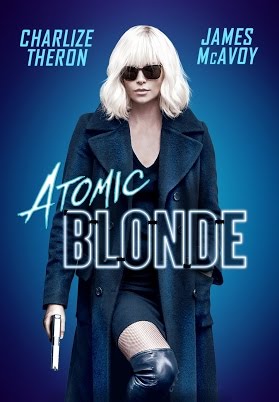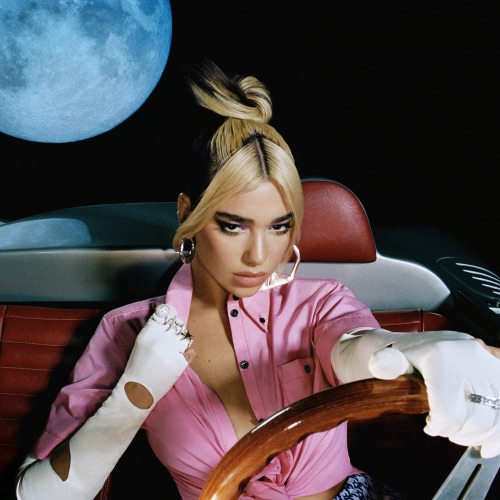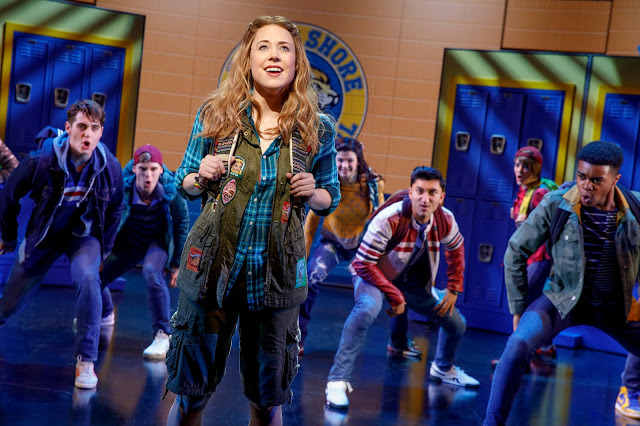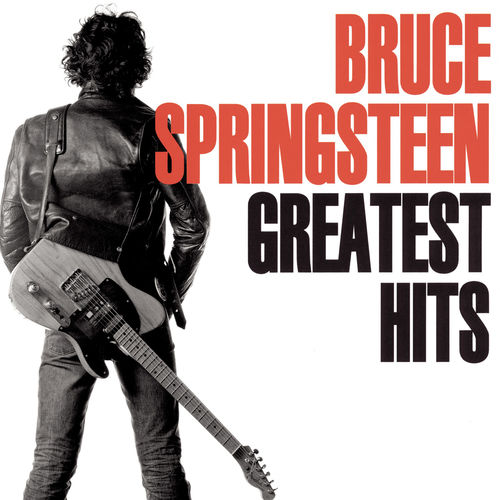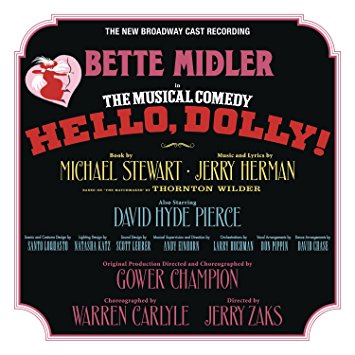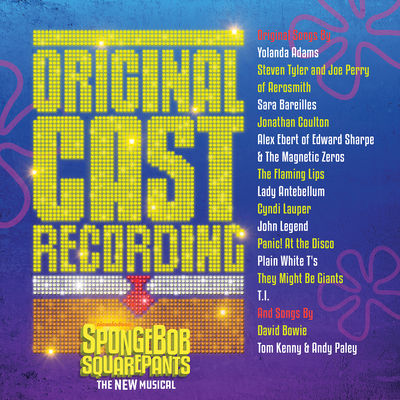'JERRY SPRINGER – THE OPERA’ ARRIVES BETTER LATE THAN NEVER
 Tuesday, June 12, 2018 at 6:18PM
Tuesday, June 12, 2018 at 6:18PM  Will Swenson, Terrence Mann, and company. Photo: Monique Carboni
Will Swenson, Terrence Mann, and company. Photo: Monique Carboni
HENRY EDWARDS - NEW YORK - March 9, 2018
It’s hard – in fact very hard – to make my jaw drop. But the New Group’s sensational production of “Jerry Springer - the Opera” at Signature Center’s Linney Courtyard Theatre rendered me speechless.
The mocking and satirical pop opera by Richard Thomas (music, book, lyrics) and Stewart Lee (book, additional lyrics), a 2004 Olivier Award for Best New Musical, took London by storm fifteen years ago. All these many years later, at long last, thanks to the New Group, the prizewinner is having its first theatrical run in New York.
In 2008, a two-performance concert engagement at Carnegie Hall unleashed censorship attempts, including lawsuits and picketing by groups offended by the show’s blasphemous religious material (of which there is plenty).
Bluntly put, “Jerry Springer - the Opera” was then – and still is – overwhelmingly coarse, vulgar, rude, laced with profanity - the BBC reported 96 uses of the F-Word and nine of the C-Word - and, by any standard, unequivocally amazing.
In 2004, the year of the musical’s birth, TV’s low-rent tabloid talk show, “The Jerry Springer Show” had been on the air for twelve of its astonishing 28 seasons. (It’s still running!)
Unlike the more respectable talk shows of that time, Jerry’s program was shameless trash TV; ‘Sex with My Sister,' 'I Married a Horse,' and ‘My Boyfriend Turned Out to be a Girl’ were typical of the discussion topics.
The show offered a series of confrontations involving cheaters and the cheated-upon, deadbeat parents, abusive boyfriends, girlfriends suddenly revealed to be transgender, and a multitude of other creeps and losers.
For his desperate attention-seeking guests, Jerry was sort of a high priest before whom they could make ritual confessions that revealed their dirty secrets - and on national television, no less. Absolution came in the form of fifteen seconds of fame and Jerry's sanctimonious "final thought."
Foul language, physical clashes (a clanging bell indicated the time had arrived for a fight), hair-pulling, screeching, excessive nudity (women displayed their bare breasts in return for "Springer Beads”) and wacky stories were the order of the day.
Jerry's strong ratings (at one point, he was beating Oprah) indicated that millions of Americans watched the show, if only in morbid fascination or as a reflection of the blankness with which people consumed entertainment (and that was then - and not now).
The fifteen-year-old musical pays devastating tribute to a universe populated by people who both worshipped and craved fame and notoriety and the exploitation of their neediness by others in return for huge profits.
How could I have ever guessed then it was just the beginning, and that the day would arrive when we awakened to a world that worshipped the Kardashians and the Real Housewives, relatively normal people gleefully spewed hateful nonsense at one another and righteously believed every lie they uttered and were told, and a horrific TV reality-show president was in charge of our country.
Surely, the lunatics have taken over the asylum, and the thing that shocked me about “Jerry Springer - the Opera” was that, of all things, it turns out to have been a devastating harbinger of things to come.
Act One of the two-act musical is a relatively faithful, often satirical rendering of an episode of “The Jerry Springer Show” in its heyday. At the end of the act, Jerry is shot. Act Two is a fantasy set in hell, where the Devil demands Jerry host a conflict resolution episode of his show, featuring him as lead guest, with Jesus, Mary, Adam, Eve and eventually God turning up later.
Richard Thomas’s indisputably original concept transforms Jerry and his motley assortment of strippers, racists, bereaved parents and jilted lovers into characters in a sung–through, often musically sublime pop opera.
Broadway honchos, Will Swenson and Terrence Mann, lead an extraordinarily gifted cast of seventeen. The performers are tasked with the mission of performing Thomas’s iridescent 41-song score, an eclectic mix of duets, arias, chorales, anthems that evoke Bach and Handel, and toe-tapping Broadway-style show tunes.
Some have labeled the musical a “redneck opera,” and that it most definitely is. Never has such foul language received such sublime treatment.
The Linney Courtyard Theatre is an intimate space and designer Derek McLane has adeptly transformed it into a TV studio featuring a replication of the Springer show’s brick-walled set. Audience members sit around three sides and those in the first row to the right and left include cast members who serve as both chorus and Jerry’s various guests.
They make their entrance chanting a full-throated “Jer-ry!, Jer-ry!, Jer-ry!"as if it were Kyrie.
As they wait for the taping to begin, the cast members sing about what they want to see on the show, hopefully bare breasts, lesbians or bisexual dwarfs, and some “chick with penises.”
A rowdy carnival atmosphere is the air when the “Warm-Up Man,” Jonathan Wierus (a slick, obnoxious, super-smarmy Will Swenson) - Jerry will soon fire him for incompetence—alerts us of the impending arrival of the host, who is “bigger than Dave Letterman, Bob Hope, and give or take a few million, the _ pope.”
Steve (physically fit Billy Hepfinger), a tall security guy based on the show’s former security director, Steve Wilkos, stands ready to break up any confrontation that gets out of hand.
A little hair-pulling, he winks to us, is A-OK.
Former Cincinnati mayor Jerry Springer (shrugging, buck-passing, engaging Terrence Mann) presides over the three-ring circus; when asked, he justifies his show as "a platform to the marginalized and dispossessed.”
First “sinner” Dwight (Luke Grooms) confesses he has been cheating on his fiancée Peaches (Florrie Bagel), not only with another woman, trampy Zanda (Beth Kirkpatrick) but also with “chick with a dick” Tremont (Sean Patrick Doyle), a transsexual.
It doesn’t take long before the women descend into a vicious bawl, and if you weren’t listening to the lyrics, the wild-eyed divas could pass for rival sopranos in a Donizetti opera.
Steve’s only option is to intercede before something catastrophic happens.
Next guests, Andrea (Elizabeth Loyacano) and her boyfriend, Montel (Justin Keyes), have a very special problem. Delightedly confiding his fetish to Jerry (and the world), Montel explains that in order to be sexually aroused, he needs to wear a diaper and poop pleasurably in it.
Additionally (if that wasn’t enough), he confesses he is having an affair with another fetishist, Baby Jane (Jill Paice), who enjoys dressing like a child.
Justin Keyes does an exquisite job performing an elegy to the joys of his fetish, featuring a scat section with “Doo Doo” as the key phrase.
The chorus sings that people all have different interests, “For some, morning Mass, for others, hairy ass.”
In a reflection of Jerry’s enormous popularity, the Warm-Up Man tells him, “You could run for Senate or even president.”
Need it be said, the satire of 15 years ago turns out to be the reality of today.
In another dismaying moment, Jerry volunteers, “I’d like to add my name to the list of celebrities calling for tighter gun control.”
Another shocker from the past.
Last guests, overweight Shawntel (Tiffany Mann) and her husband, Chucky (Nathaniel Hackmann), are a stereotypical redneck couple with a remarkably abusive relationship; Chucky, who secretly patronizes strip clubs and belongs to the Ku Klux Klan, thinks all women are whores.
Ironically, until now, his wife's secret desire is somehow to become a sexy stripper and pole dancer.
To Chucky’s great displeasure, Shawntel sings and the soaring, Baroque inflected, slightly country-style, “I Just Want to Dance,” accomapnied by a wild pole dance. It's a deserved showstopper for Tiffany Mann.
Shawntel’s disapproving and deeply religious mother, Irene (Jennifer Allen), also turns up and denounces her daughter’s aspirations. Mother tells daughter she wishes she had died at birth and physically assaults her.
Things grow even more surreal when hooded Ku Klux Klan members run down the aisle and onto the stage, form a chorus line and perform a spirited tap dance in front of a burning cross.
“This is our Jerry Springer moment / We don’t want this moment to die,” they sing merrily.
After the maniacal (and recently fired) Warm-Up Man supplies diaper-wearing Montel with a gun, the fetchist attempts to shoot one of the Klansmen. But the Warm-Up Man jostles him and Montel accidentally shoots Jerry, bringing Act One to a climax.
During intermission, it’s impossible to avoid discussig the chorus of tap dancing Klansmen as homage to Mel Brooks and the tapping Nazis in the classic “Springtime for Hitler” number from “The Producers.”
But how do we react now with Charlottesville a recent event, the ascendency of the Klan and white supremacy happening before our eyes and a president who declares there are “very fine people” within their ranks?
The musical unwittingly forces us to take note of a decade-and-a-half of cultural disintegration. What was once funny is no longer funny but tragic; that's the real shock.
Act Two takes Jerry to Purgatory. Ghostly versions of his talk show guests, all of whose lives have ended badly, confront him and attempt to jolt him out of his moral complacency about his exploitation of them.
"I don't solve problems, I just televise them,” he replies.
The Warm-Up Man arrives, but he’s not a warm-up man anymore. He’s Satan. (A few clues to his real identity lurked in the first act.)
Reeking of vindictiveness, Satan forces Jerry to accompany him to Hell, which turns out to be a charred version of Jerry’s earthly TV studio with the audience locked into cracks in its walls.
Satan craves an apology for his expulsion from Heaven and expects to obtain one from Jesus during a diabolical edition of “The Jerry Springer Show - in Hell." Host Jerry faces a punishment too horrible to describe if the Devil doesn’t receive the desired expression of remourse.
Jerry brings Satan on first, followed by a half-naked Jesus, who bares a startling resembance to the Montel of Act One.
They are subsequently joined by an inebriated Adam and disheveled Eve. They are Chucky and Shawntel lookalikes and just as abusive.
Eve fondles Jesus, argues with the Savior and eventually assaults Him.
Next guest Mary, who resembles Irene, wastes no time condemning her son in a blitz of four-letter words.
Eventually, everyone turns on Jerry, preceding the spectacular arrival of God and his angels.
Discarding his diaper for a white suit with his face painted gold, Luke Grooms belts a stunningly effective “It Ain’t Easy Being Me.”
God asks Jerry to come to Heaven and help Him judge humanity and Jerry accepts the offer. But the angels and devils fight over him, and the talk-show host winds up suspended over a pit of flame.
He launches into a series of glib homilies asking for his life, but finally gives up and makes an honest statement that resounds with his audience, triggering a hymn of praise to life.
Waking up in his television studio, having been shot, his life ebbing away, Jerry delivers a final message in a reflection of the moral relativism that underpins the entire evening:
“I’ve learned that there are no absolutes of good and evil. We all live in a glorious state of flux….For better or for worse, history defines us by what we do and what we choose not to do. Hopefully, what will survive is love. So until next time, take care of yourselves.”
The finale finds the cast reappearing as Jerry Springer clones. (And why not?)
Authors Stewart and Lee establish Jerry as a common man with noble ambitions who is not quite sure how he ended up a messiah for the angry mobs who came to hear his word. Terrence Mann does a lovely job of underplaying the role. At the same time, he projects exactly the right mix of observant blandness and sanctimonious creepiness when he protests that he abominates violence unless it's in a "carefully controlled environment."
Will Swenson faultlessly captures the trashy and outrageous natures of his two dreadful characters, especially Satan’s surprising neediness.
It’s a brilliant production of a brilliant show and everyone involved deserves praise, with special kudos to director John Rando and choreographer Chris Bailey.
I assure you once again that even though the musical will amuse and fascinate you, the reminder of the times we’re living through is bound to provoke distress.
FOR TICKETS AND MORE INFO VISITI: JERRY SPRINGER THE OPERA
 Terrence Mann and company. Photo: Monique Carboni
Terrence Mann and company. Photo: Monique Carboni

